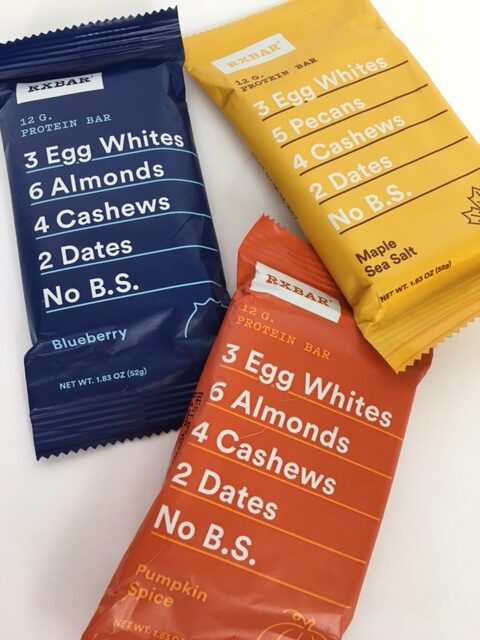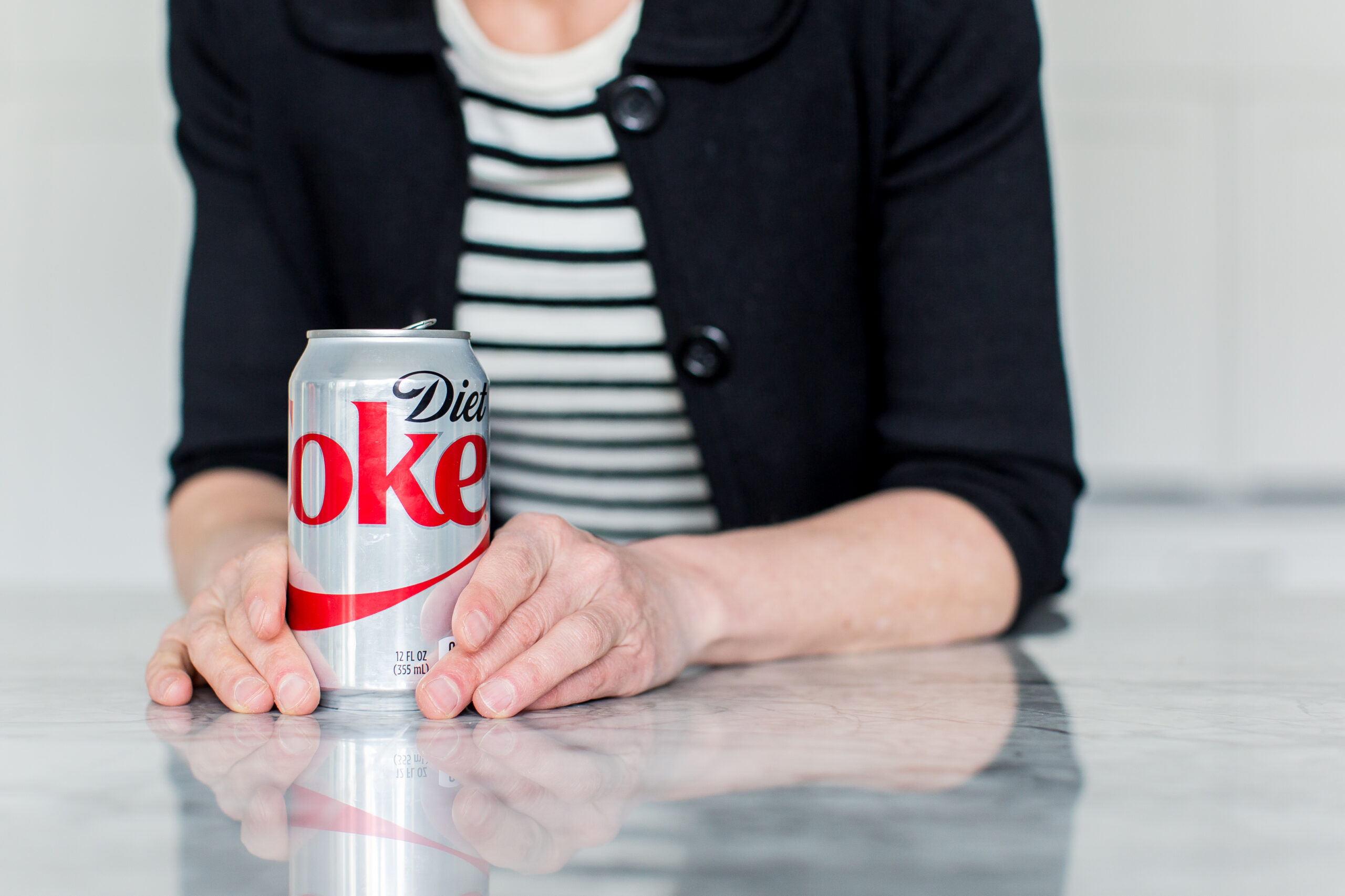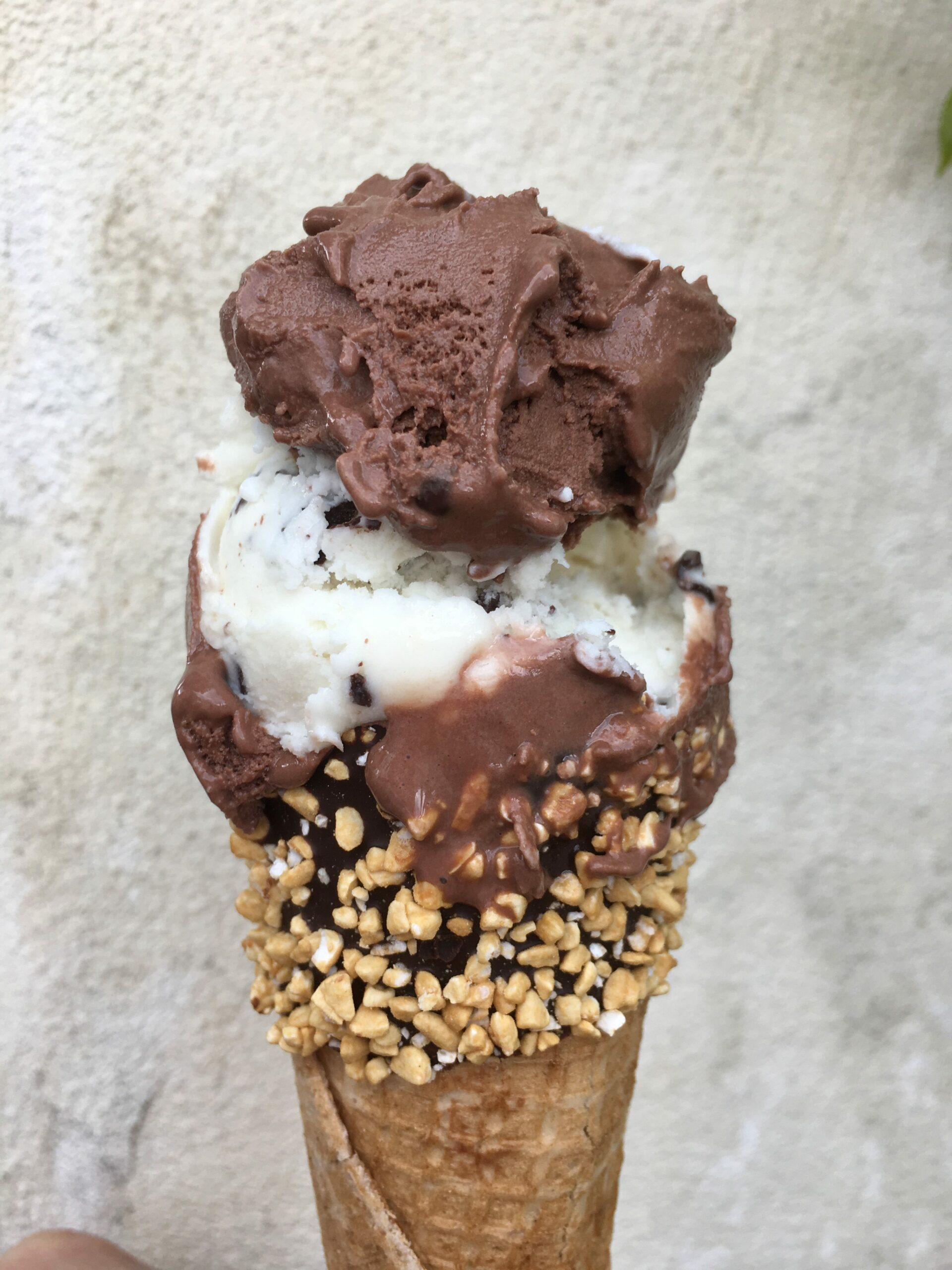
Hunger vs Appetite
It can be really difficult to figure out true physical hunger. Sometimes we want something so bad, it starts to feel like a need; it morphs into a need. This is often how I feel with clothes. TBH, I really don’t need another article of clothing. Truly. But then my mind is flooded with all the perks of a certain something and before I know it, the shoes in question have gone from “oooh, those are cute” to “OH! I think those could be really useful; after all they’re a different shade of black, have a different heel, different fabric and a different attitude (yes, I just said that about shoes)”. Very quickly the line between the want for the shoes and the need for the shoes is blurred. I’m having an emotional response to all the bells and whistles of the shoes, not a physical response.
I feel the same lines get blurred with food. There’s a whole lot of food we want. A whole lot. But we don’t need a whole lot of food. Is it okay to have something just because we want it? Absolutely!!! I’m talking about repeatedly eating when your body doesn’t need it and feeling the negative consequences of that. Is it okay to get a pair of black shoes (yet another pair) just because I want them? Yes! But if I’m buying outside what I can afford and continue to do that, I’m going to suffer the negative consequences of debt. Many of you understand all of this, but still struggle with deciphering physical hunger from appetite or a craving. I’m hoping the analogy above will help.
Hunger is the need to eat; a compelling need for food. If you’re hungry, you need food because your body is telling you so by sending you signals such as a painful, annoying and sometimes rumbling sensation known as hunger pangs in your stomach, or a weakness you feel over your entire body. Hunger cannot be dictated; it is instinctive. It’s physical.
Appetite (or a craving) is the desire to eat; a fondness or liking for a particular food. Appetite is a coordinated effort between your brain and your stomach. When you see a food that looks particularly tasty, your mouth may water, and you can practically taste it and feel the textures in your mouth. Even thinking about food can elicit the same emotional response. But unlike hunger, appetite can be ignored. And since appetite levels are greatly influenced by your brain, it is a learned behavior. I know, now your brain is saying, “What???????” It’s a little mind blowing. We can actually learn to control and change the level of our appetite. Just like I can control my spending habits.
The next time you reach for something to eat, stop to think about whether it’s a need or a want. What’s going to serve you better in the long run?

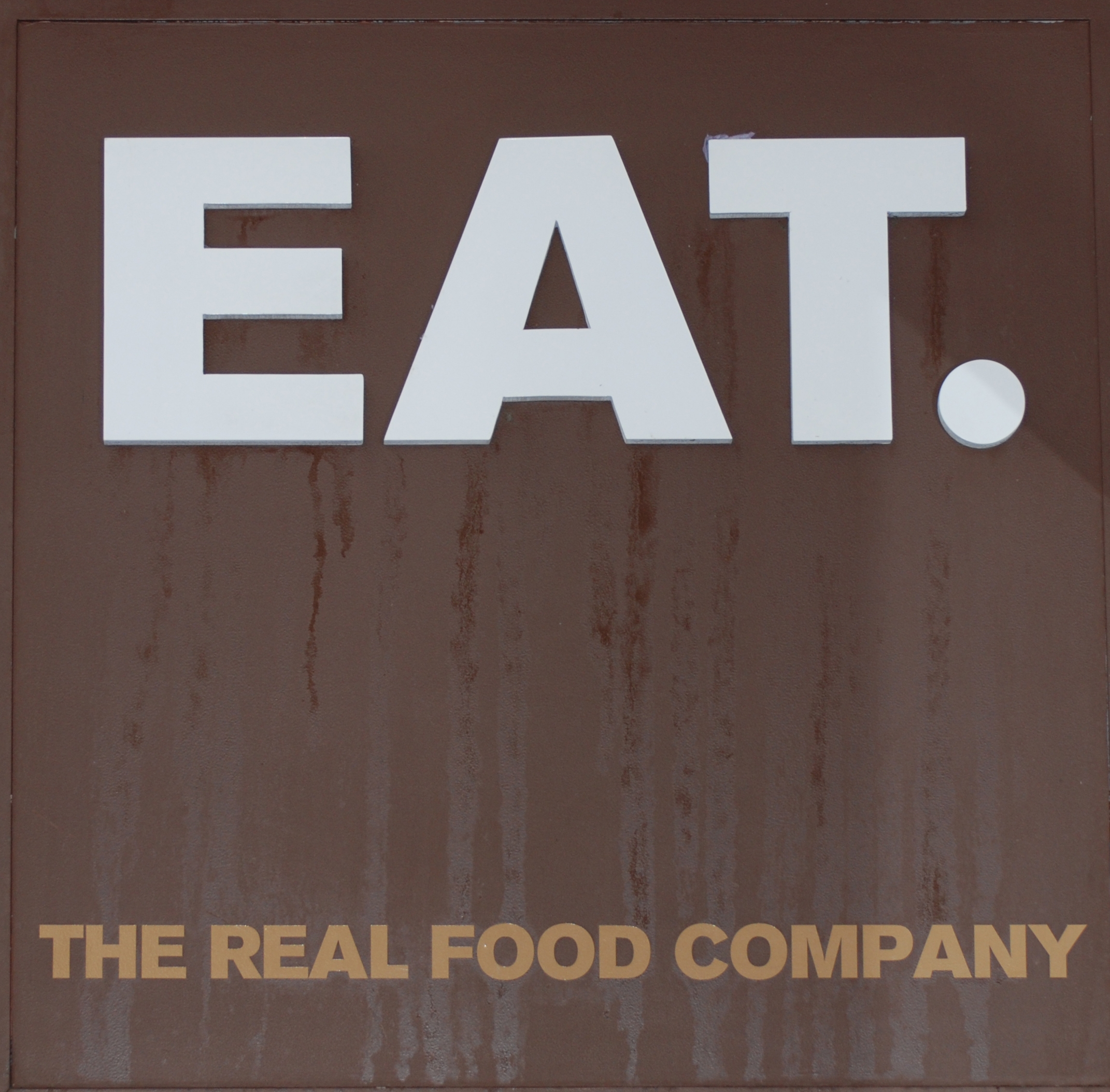
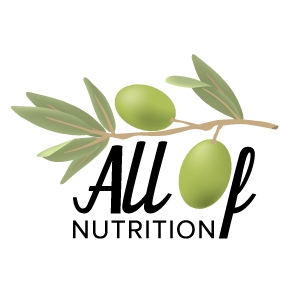
 By
By 